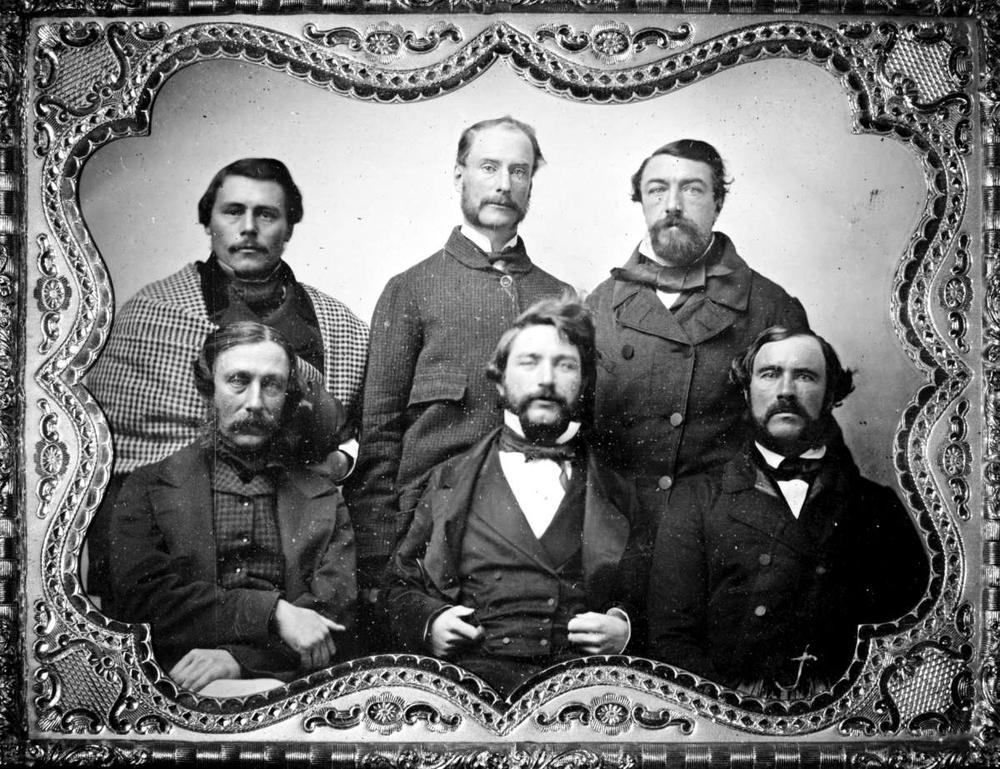Although the number of independent settlers on Vancouver Island were few, they resented the monopoly that the Hudson’s Bay Company (HBC) had over all aspects of life in the Colony of Vancouver Island. Governor James Douglas faced accusations of favouritism towards the HBC and authoritarianism in his decision making. Petitions opposing Douglas’ actions and the HBC monopoly were received in the Colonial Office in London. Further complicating matters, law advisers of the Crown suggested that Governor Douglas and his Legislative Council lacked the legislative power to make laws and govern the colony. In 1856, the Colonial Office instructed Douglas to create an elected House of Assembly.
In order to run as a candidate in the election, one was required to own property worth 300 pounds. Some candidates were elected simply because they were the only people that fit this criterion. In order to vote, one was required to own a minimum of 20 acres of land, rendering only about 40 men in the colony eligible to vote.
The settlements of Vancouver Island were organized into four electoral districts: Victoria; Esquimalt; Soke (Sooke); and Nanaimo. On July 22, 1856, seven representatives were elected to the new House of Assembly of Vancouver Island. They were: Edward Edwards Langford, Joseph Despard Pemberton, and James Yates for Victoria District; Dr. John Sebastian Helmcken and Thomas James Skinner for Esquimalt District; John Muir for Sooke District; and Dr. John Frederick Kennedy for Nanaimo District.
The new House of Assembly first met on August 12, 1856. The election of Mr. Langford was contested and he was removed on August 26, 1856, as he did not meet the necessary property requirement. He was replaced by Joseph William McKay on December 3, 1856. John Sebastian Helmcken was elected Speaker and Robert Barr was appointed as Clerk.

